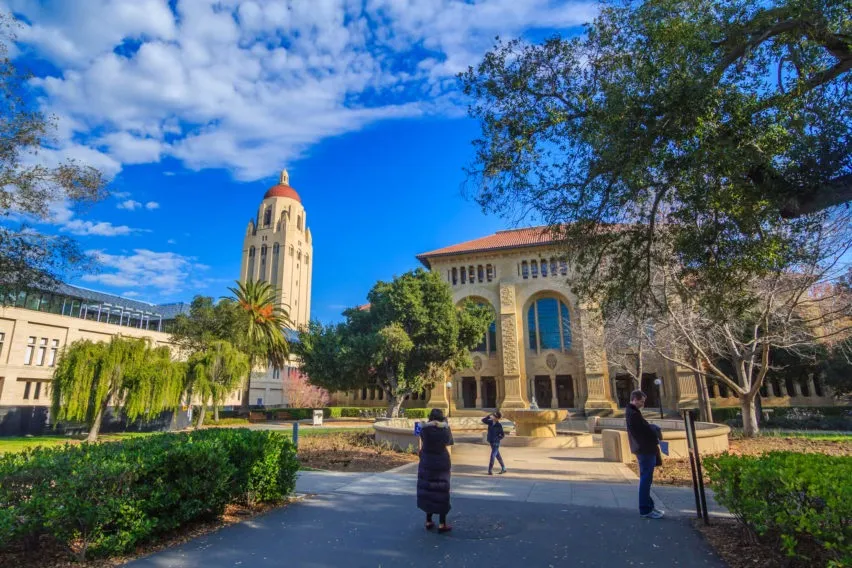Table of Contents
As we come to the end of another year at Stanford, it feels prudent to offer up some of the advice that I wish I had heard upon entering the school this past September. Never before in your life will there be so many different ways to spend your time; I will attempt to suggest a few things worth bearing in mind when coming here, and suggest some resources that are essential in getting started at Stanford.
To begin, for the people reading this article, it is worth thinking and reflecting not just on who you are, but more importantly about who you want to be. Your decisions during your freshman year and in college as a whole are quite influential in shaping what the rest of your life will look like. Being intentional about how you spend your time is crucial.
Regardless of whom you feel like you should meet, there is significant value in meeting as many people as possible, especially in the beginning of fall quarter. Many people sequester into groups early on; there is significant value in trying to understand who you get along with (and who you don’t). Moreover, meeting new different people, whom you might never have interacted with before, is beneficial in and of itself, since this will widen your horizons. This applies in every possible way—people from different places, with different beliefs, and who think about the world in different ways to oneself.
Outside of this, enterprising freshmen should be aware of club deadlines before they miss them. At the start of fall quarter, numerous club applications are released, such as ASES (a Stanford Entrepreneurship Club) or SDS (Stanford Debate Society), and missing them often means missing out on these clubs until fall of the following year. It is therefore important, amidst meeting new friends and settling in, to take care to apply for clubs and join whichever are of interest. These often help one form many of their most meaningful friendships and allow further exploration of areas of interest.
But don’t feel like you have to apply for clubs you’re not interested in, or if you don’t get into your top acapella group it’s all over; there are more opportunities (and many that don't require an application, including the Review!) at Stanford to take advantage of than hours in the day.
For those whose tendencies lean right of the cultural orthodoxy, there are many places which one should be aware of, lest you feel Stanford does not cater to you. The Review forms a crucial base where thought apart from the campus orthodoxy is fostered, and welcomes both the like minded and those who feel the need to understand the ideas of those with differing beliefs.
If you want to be someone who is willing to learn widely to figure out what the truth is for themselves, then these meeting places form a reliable and fascinating backdrop to the liberal orthodoxy that is pervasive throughout campus. There are some attempts at preserving the expression of free thought—such as the COLLEGE program, supposed to encourage the open discussion of ideas, however extreme. Yet, it feels like these initiatives or classes often miss the mark and do not truly allow expression that is as free as one might hope, hence the advantages of student run spaces like the Review (which meets on Mondays at 7pm in Old Union).
Stanford’s various summer opportunities are also worth considering. Sophomore College is quite popular: students get a chance to go on excellent subsidised trips. Additionally, the Stanford Off-Campus Learning Opportunities (SOLO) offers paid work experience and learning opportunities in places as far flung as Latvia or Japan.
Taking hard and interesting classes is also important; gaming the system over a GPA only hurts you in the end. After all, college is a place to learn and grow, rather than to simply funnel you into the most lucrative post grad SWE role (which might not even exist by 2027). Early on, Introsems are a great opportunity where one is exposed directly to professors who are at the very top of their respective fields, enabling us to actually know professors, unlike what most 500 person CS classes encourage.
Any sort of advice is not going to be applicable to everyone. But, hopefully, there will be some piece of advice here that applies to anybody reading it and which they feel will be helpful. However, if in doubt, to maximise one’s Stanford experience we should always defer to doing as much as possible, whether of the form of the kind of thing mentioned here or the many other better pieces of advice which I have no doubt forgotten, as this will make Stanford a far more valuable space. In short, try things, mess up, and you will undoubtedly be better for it.









